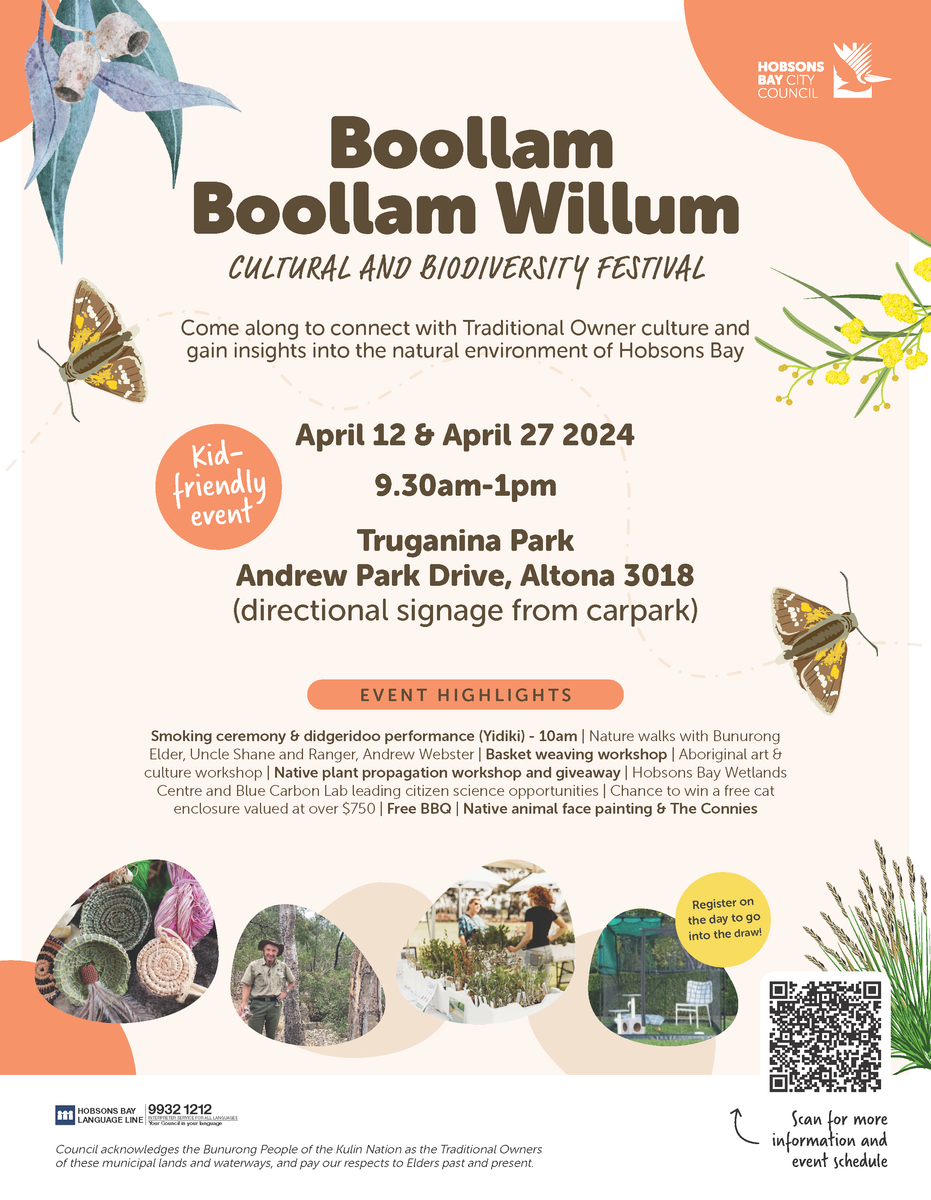Wellbeing & Inclusion
at Willy

Wellbeing & Inclusion
at Willy
Resilience, Rights and Respectful Relationships
At the core of student wellbeing at Williamstown Primary School, and sitting alongside our Willy Kids Program, is Resilience, Rights and Respectful Relationships; an important program delivered in all Government Schools in Victoria.
The Respectful Relationships initiative teaches our children how to build healthy relationships, resilience and confidence. It also supports school leaders, educators and our school communities to promote and model respect and equality. Respectful Relationships takes a whole-school approach, recognising that schools are a place of learning, a workplace and a key part of local communities. It embeds a culture of respect and equality across our entire school community, from our classrooms to staff rooms, sporting fields, fetes and social events. The evidence supporting Respectful Relationships is overwhelming and comes from respected institutions such as the World Health Organisation and The Royal Commission into Family Violence. Helping children develop an understanding of healthy relationships and respect is key to preventing family violence in the future.
The Resilience, Rights & Respectful Relationships resources cover eight topics for each year level.
Topic 1: Emotional Literacy
Topic 2: Personal Strengths
Topic 3: Positive Coping
Topic 4: Problem Solving
Topic 5: Stress Management
Topic 6: Help-Seeking
Topic 7: Gender and Identity
Topic 8: Positive Gender Relations
Each year level has their own materials, resources and lesson plans to deliver within each topic and these lessons take into account the age and the maturity levels of the students.
In addition to Respectful Relationships, government schools also teach lessons from The Daniel Morcombe Child Safety curriculum. The Daniel Morcombe Foundation provides personal child safety education to children and young people to prevent abuse and promote lifelong health and wellbeing. They support educators, parents and carers through the provision of resources and education and also directly support young victims of crime. The lessons are grouped into year levels (Prep-2 and then Years 3-6), and again, focus on the age of the students, their maturity levels and use age appropriate language.
The Child Safety Curriculum is as follows:
1. Children’s rights
2. Feelings & safety
3. Early warning signs
4. Body ownership & private zones
5. Safe and unsafe touch
6. Assertiveness and when to say No!
7. Secrets & surprises
8. Online safety
9. Developing safety networks
How can parents and families support respectful relationships education?
Schools can’t do this work alone. Parents play the first and most influential role in teaching children and young people about respect and respectful relationships. You can reinforce your child’s school learnings by modelling positive behaviours for them at home.
How do parents and families have conversations about respect?
As a parent you never know when a situation might arise for a conversation with your child about how to behave in a respectful way. It could be that you’ve seen an incident that needs to be followed up or you have watched a news story or movie that depicts violence. It is not always easy, but it’s a conversation worth having. Every time you speak out against disrespectful behaviour, we’re one small step closer to creating a more respectful society.
Respect.gov.au has published a Conversation Guide that can help you start a conversation about respectful relationships with your child. You can also access the Daniel Morcombe Foundation website and explore the resources available:https://danielmorcombe.com.au/. Children and young people need guidance from the people they look up to – role models like you, their friends, their teachers and their heroes. All have a role to play in helping children to build the skills to have healthy, happy and respectful relationships, and to call out attitudes and behaviours that hurt, intimidate or diminish others.
If you have questions regarding the Respectful Relationships and Child Safety curriculums, please contact your child’s teacher or, alternatively, Anna Swan - Mental Health and Wellbeing Leader.
Kind regards,
Lisa Leydin Anna Swan
Assistant Principal Learning Specialist
Disability, Inclusion & Wellbeing Mental Health & Wellbeing Leader(Wed–Fri)

